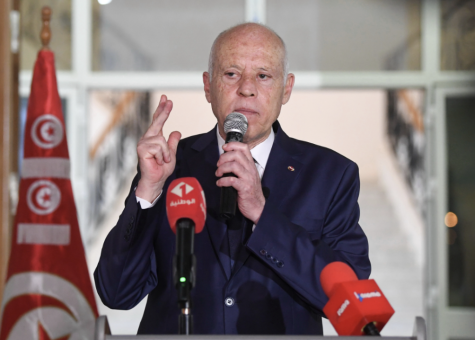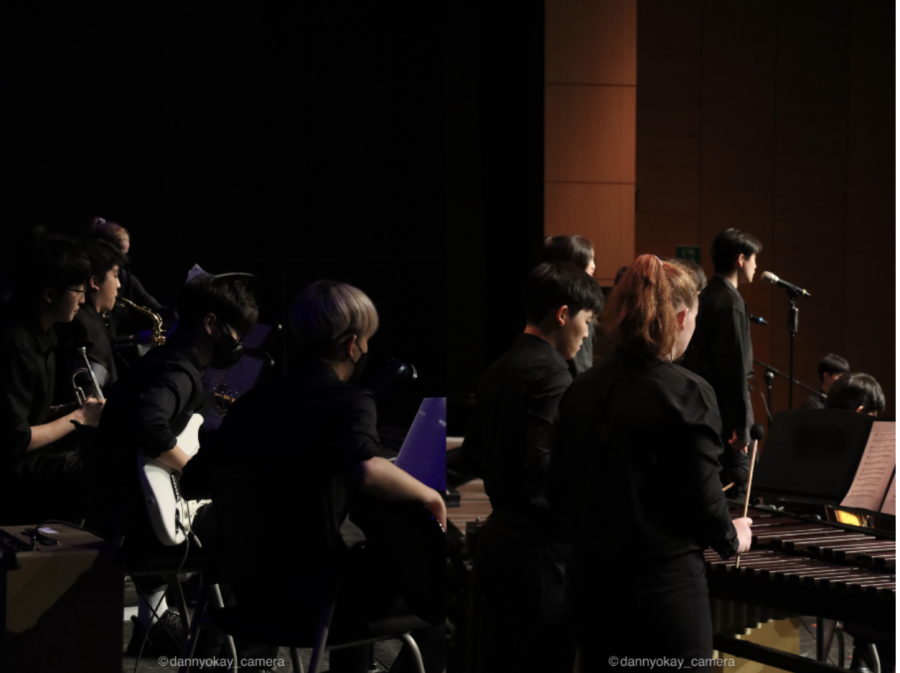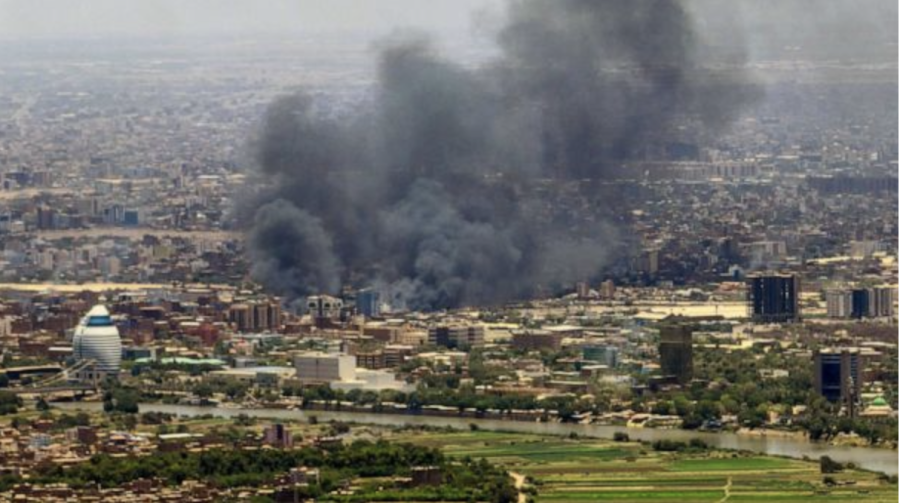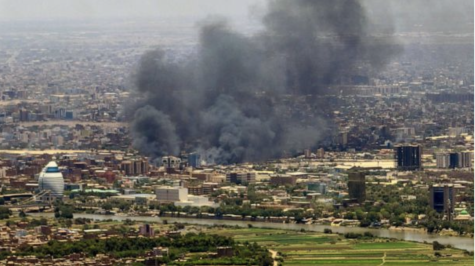Caught Between Hope and Turmoil: The Struggle for Democracy in Tunisia
Bread. Jobs. Dignity. All was promised for the 12 million Tunisians when they survived the Arab Spring Movement, where hundreds of thousands protested in response to the failing authoritarian regime. After the movement in 2011, many believed that Tunisia would kindle the values of democracy with a new government, an improved constitution, and the establishment of fair elections. While other Arab revolts continued to experience corruption, Tunisia was praised as a “success story” that everyone desired.

But in July 2021, the path toward democratic paradise was threatened. In fact, it was more than “threatened,” according to Monica Marks, a Middle East politics professor at New York University in Abu Dhabi, who observed that democracy had been “shot in the head” (NY Times).
The turmoil unfolded as President Kais Saied unilaterally dismissed the prime minister and suspended parliament. He claimed that these actions were necessary to address the country’s economic and social problems. Since then, the government—which once had independent judiciary and electoral systems—plunged into one-man rule. The move was controversial, with civilian watchdogs and international organizations expressing concern about the erosion of democracy.
Intissa Fakir, a representative from the Middle East Institute, acknowledged that “the National Assembly is now an advisory body for the president,” which merely “put[s] forward ideas for laws which they think he might want to pass” (BBC). Nevertheless, President Saied argued that his actions were within the framework of the country’s constitution and vowed to respect civil liberties and human rights. He even presented plans to dissolve political parties altogether.

Opposition politicians or journalists that publicly criticized President Saied were jailed or detained, with the arrest of the leader of the opposition Ennahda party, Rached Ghannouchi, being a prime example of the President’s power abuse.
Amidst the chaos, the lives of the Tunisians have utterly changed, with many of them now in dire straits. Naziha Krir, a house cleaner who reported that she paid twice for what she used for three loaves of bread, said that “people are getting sick of the country collapsing.” Another human rights activist, Nawres Zoghbu Douzi, mentioned that the Tunisians now have no one to hold accountable, as “there’s no real government [and] no parliament” meant to help them.
But President Saied’s corruption does not signal the end of democracy. Despite the severe chaos, Dr. Yerkes, representing the Carnegie Endowment for International Peace, stated that “you still have civil society groups and a media in Tunisia which can act as a check on his power, and there are still protests by the public” (BBC). The next presidential election is yet to come, meaning that much of Tunisia’s future rests upon hope. After all, with the right reforms, bread, jobs, and dignity can still be promised.


















